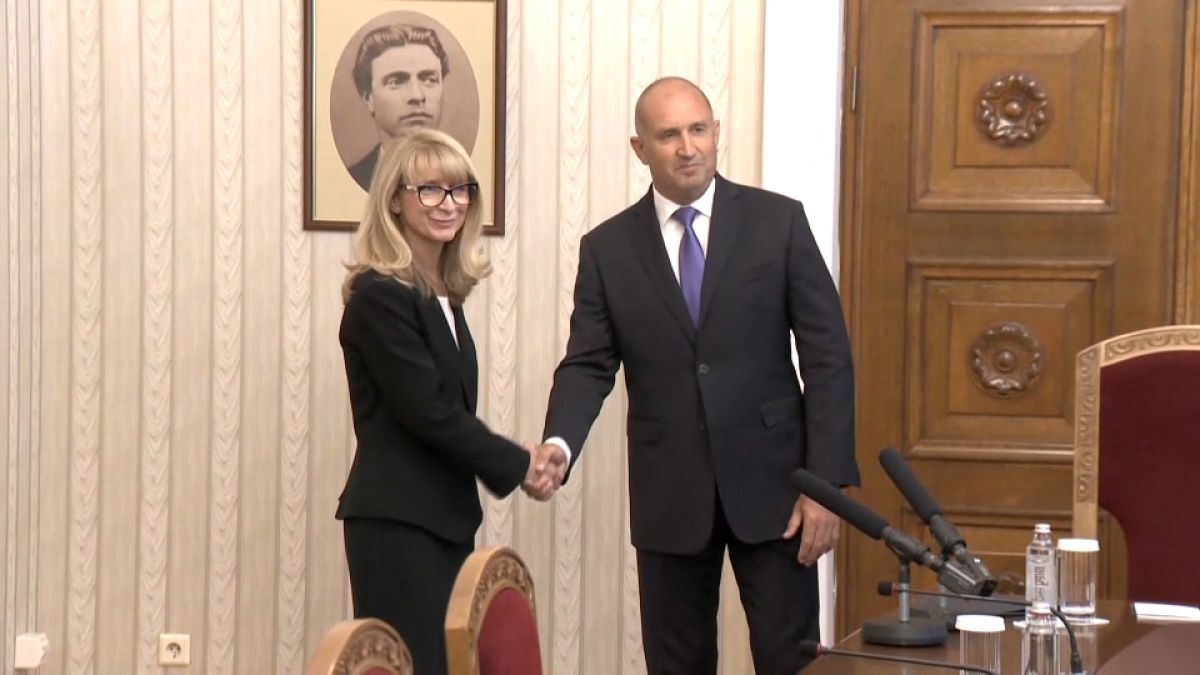Bulgaria is facing a political crisis as President Rumen Radev has rejected the new caretaker government proposed by interim Prime Minister Goritsa Grancharova-Kozhareva. The President believes that this government will not ensure fair parliamentary elections scheduled for October 20th. Grancharova-Kozhareva’s choice of cabinet ministers included keeping Kalin Stoyanov as the Interior Minister, which President Radev demanded be replaced. When the interim Prime Minister refused to make the change, President Radev refused to sign the necessary decree to authorize her government.
Grancharova-Kozhareva reportedly stated that she had come under political pressure to replace Stoyanov in her cabinet and even announced that she would hand a report to the Prosecutor-General’s office. The situation escalated as police gathered around the President’s building in support of Stoyanov, who is effectively their boss as the Interior Minister. This rejection by President Radev has resulted in the indefinite postponement of the parliamentary elections, raising concerns and legal debates among constitutional experts in Bulgaria.
As the country has struggled to form a stable government, the rejection of Grancharova-Kozhareva’s cabinet by President Radev has left Bulgaria in a state of uncertainty. Constitutional experts are divided on whether the crisis is constitutional, political, or a combination of both. Natalia Kselova, a constitutional expert, believes that the crisis is political due to the National Assembly’s failure to provide a complete list of candidates for the president to choose from as required by the constitutional text. On the other hand, Orlin Kolev, another constitutional legal expert, suggests that MPs should apply political pressure on the President to sign the necessary decree according to the Constitution.
The unprecedented decision by President Radev to reject the caretaker government has thrown Bulgaria into a state of turmoil. The repeated elections in the past few years have failed to establish a stable government in the country, further complicating the current situation. The rejection has led to a halt in the election process, leaving the country without a clear path forward. As the political and constitutional experts debate the implications of this decision, the fate of Bulgaria’s political future hangs in the balance.
With the indefinite postponement of the parliamentary elections, Bulgaria faces an uncertain future as it navigates through this political crisis. The rejection of the caretaker government has highlighted the challenges in forming a stable administration in the country. President Radev’s refusal to sign the necessary decree has sparked legal debates and raised questions about the constitutional implications of his decision. As the political tensions rise and the uncertainty grows, Bulgaria is at a crossroads, with the need for a resolution to move forward. The country waits to see how this crisis will be resolved and what the implications will be for its political landscape.





















